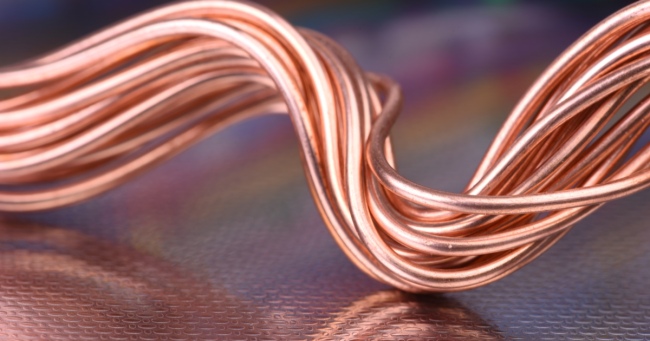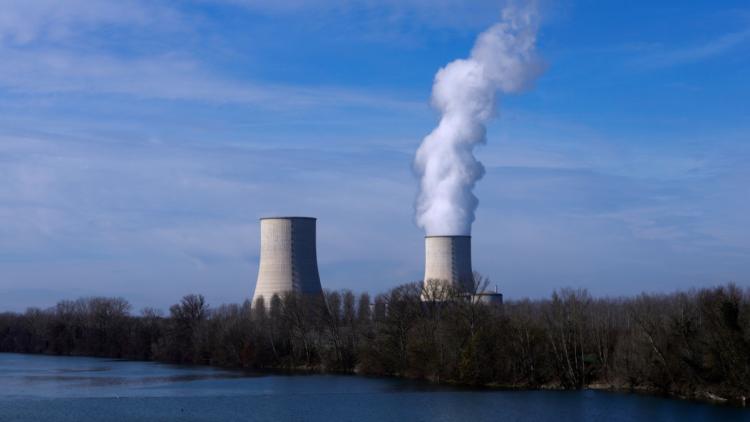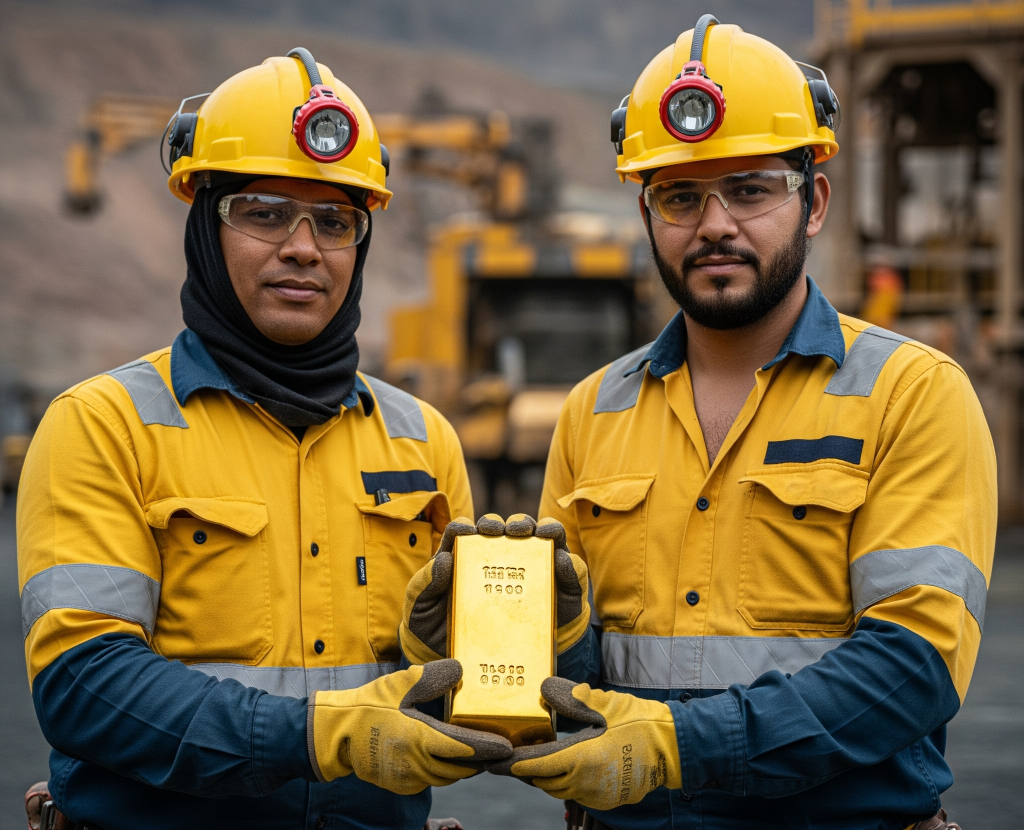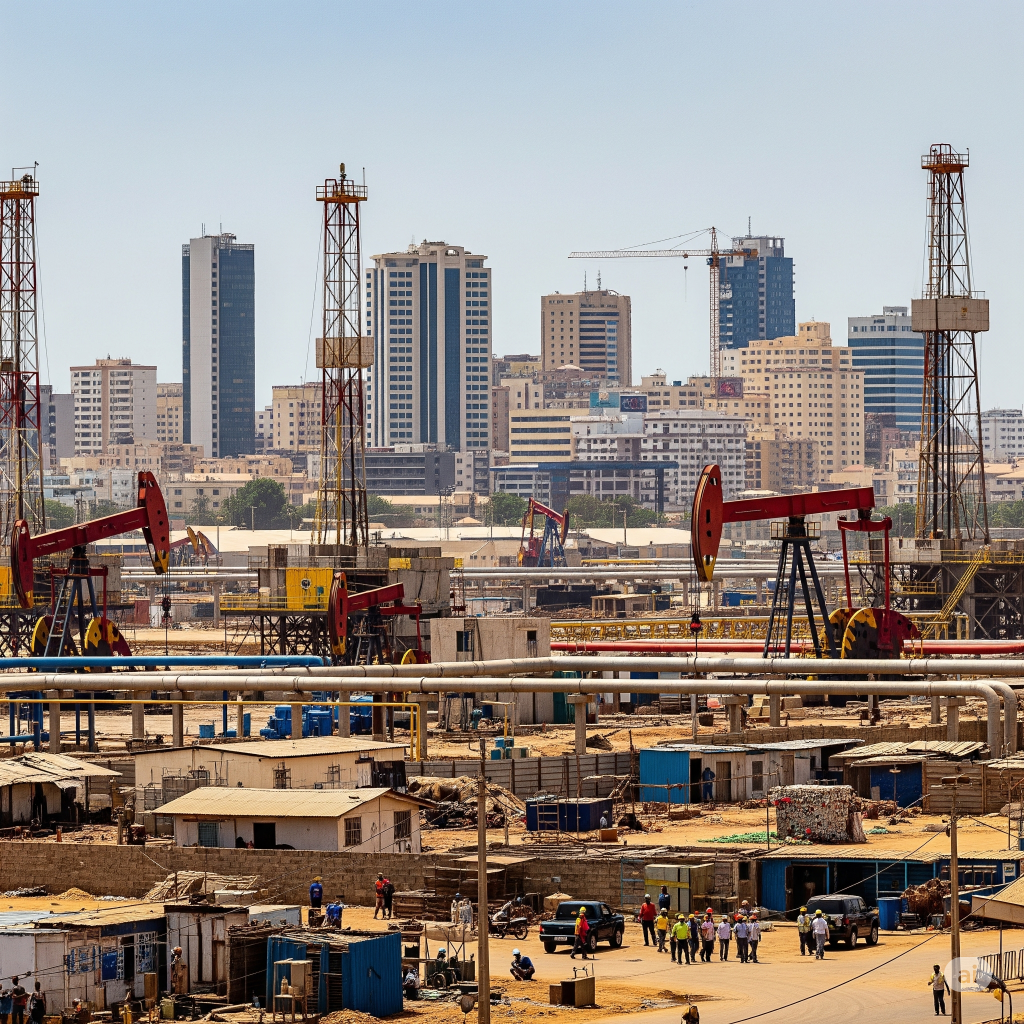Democratic Republic of Congo’s government said on Wednesday it would push to develop domestic battery manufacturing capacity to add value to its exports of minerals such as cobalt and copper.
Congo mines around two-thirds of the world’s cobalt, an ingredient in lithium-ion batteries, and is Africa’s leading producer of copper. Demand for the minerals is rising to power electric vehicles and electronic devices.
But Congo, which ranks among the world’s least developed countries, exports its minerals for only a fraction of the final cost of the batteries, which are mostly manufactured in Asia.
Speaking at a two-day business forum in the capital Kinshasa, Prime Minister Sama Lukonde announced a series of measures aimed at speeding the development of a battery manufacturing industry.
He announced the creation of a Battery Council with the aim of « piloting the government’s policy to develop a regional value chain around the electric battery industry. »
In addition, he said the government was committed to launching a special purpose vehicle that would mobilise private sector funding to support battery manufacturing.
Neither Lukonde nor President Felix Tshisekedi, who also participated in the forum, provided specific details about how long these intiatives would take to set up or how they would be funded.
Weak governance, pervasive corruption and limited infrastructure have long deterred major investments in Congo beyond resource extraction.
President Hakainde Hichilema of neighbouring Zambia, Africa’s second-largest copper producer, told the forum his country was ready to work with Congo and others in the region to develop Africa’s industrial capacity.
« We need to synchronize our continental strategy and value chain, » he said.
Several development banks, including the African Development Bank, also signed a pledge to help develop Congo’s battery industry, but the text of the agreement was not immediately available.
REUTERS








Commentaires récents